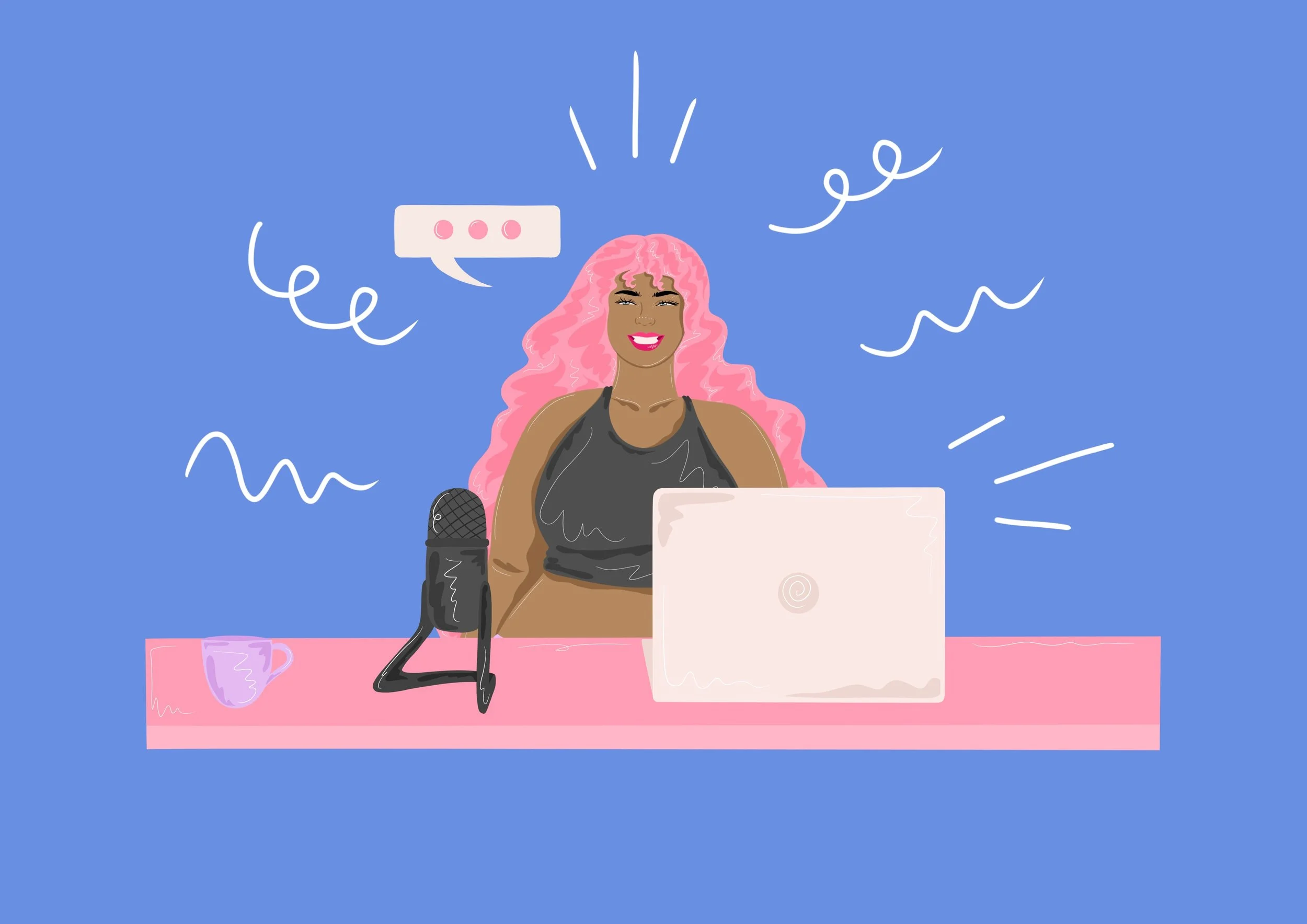From Darkness to Spark: Building Hope Through Mental Health Advocacy
For years, I battled with my own mental health challenges—navigating the depths of suicidal ideations, exhaustion, and the heavy weight of feeling like I had nothing left to offer the world. I remember lying in bed, feeling stuck, disconnected from my own voice, unable to feel emotions, and questioning my worth. I wasn't sure I mattered. The spark I once had, felt dead inside. I couldn’t see a future. That was my lowest point.
Back then, I was afraid. Afraid of what people would think if they knew I was struggling. I had internalized the idea that mental illness was a sign of weakness or a lack of intelligence. I thought I could outsmart it. But it wasn’t until I spent time in inpatient care that I learned the truth—that some of the most brilliant, compassionate, and gifted people were also living with mental illness.
Intelligence doesn’t protect us from pain, and mental illness has nothing to do with character or ability. It’s about circumstances, support systems, access to care, and lived experiences.
Honestly, I had no plans to seek help. I was going to just suffer through it. My sister, a hospital nurse, and my cousin, a public servant and therapist, now pursuing her PhD in social work, stepped in. They saw me drowning and refused to let me go under by knowing what warning signs to look out for. I truly believe my ancestors were with me too, helping guide me back to life. Without their intervention, I don’t know if I would be here today.
At first, I thought all I needed was a break. I took time off work and figured I would eventually return. I had spent 15 years in accounting, and it was the only career I knew. But rest alone didn’t help. I tried medication too, but the first prescription didn’t match my actual diagnosis, and it left me feeling worse. I also tried healing strategies I had used before—like walking or being in the sun—but I was so deep in the spiral that nothing reached me. I felt frustrated and hopeless. I thought, "I should be better by now."
But healing doesn’t work like that.
Healing isn’t linear, and it doesn’t follow anyone’s timeline. One of the most powerful things I did was stop being so hard on myself. I released the pressure to "get better fast." I grew up in a home where things had to be done quickly and efficiently, and I internalized that urgency. But healing takes time—and giving myself that time was an act of love.
Eventually, with the right medication and support, I started reconnecting with the practices I had always known were healing. Slowly but surely, things shifted.
I started walking in the mornings, catching the sunrise and listening to the trees. I wasn’t a big journaler, but I began recording voice notes to get my thoughts out. I found a yoga studio near my home and started attending classes, realizing how much trauma I held in my body. Somatic healing became essential for me. Yoga reminded me that my body carries my history, and that moving and breathing with intention was a way to release that weight.
And then came the spark.
The idea for PureSpark came during this period of rediscovery. I realized that mental health had always been treated like something we should be ashamed of—especially in Black communities. But what if we could change that? What if we could create spaces where Black and Brown folks could heal, openly and culturally affirmed? What if we could combine ancient practices with modern understanding and offer tools that meet people where they are?
That vision gave me purpose. It gave me life.
Today, PureSpark is a wellness platform that centers Black mental health and connects people to affirming practitioners and practices. Through my work, I aim to disrupt the systems that make it hard for us to care for our minds and spirits. And personally, I continue to heal by doing the things that ground me: early morning walks, yoga, cooking for loved ones, and spending time in nature.
If you are reading this and you're in your darkest chapter, please know this: silence can be deadly. Tell someone. Reach out. If you don’t have someone in your personal life, learn about local resources in your city or state. Know your family’s mental health history. Just like we screen for cancer earlier when there's family history, we need to treat mental health the same way.
Healing is possible. You are not alone. And your story is far from over.


